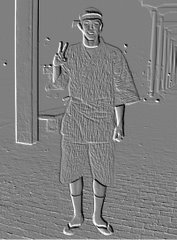The Virtual Revolution
Virtual schools are able to offer some services and flexibility that traditional schools cannot, yet those involved (in development or “in class”) face a number of challenges as well. The curriculum can be focused and instruction can be more individualized than in tangible schools. Also, flexible scheduling and student-centered learning can benefit students interested in technology and those who cannot physically attend a school, because of distance, illness, injury, or what have you. However, these schools are not for everyone and no matter how much they advance, it seems that virtual education will never completely do away with real educators. According to the authors, even “computer-based tutoring programs with artificial intelligence are not credible threats to the teaching profession”. Online/distance education generally lacks valuable human interaction and personal contact. Some do, however, expect that artificial intelligence will evolve to a point beyond certain measures of human intelligence.
I do not think that computers will evolve even near-human emotional intelligence, at least not in the perceivable future. This means that professional educators could not be replaced by digital or robotic computer teachers in every student home or classroom. I think virtual schools will remain an alternative or supplementary means to educate students. I cannot expect myself to contribute to the construction or development of such a school program in the near future, because I lack the time and training at this point to convert even an excellent in class lesson to a digital or interactive electronic format. I expect most preservice teachers will not be prepared to do this coming out of teaching colleges.
Greenway, R., Vanourek, G. (2006). The Virtual Revolution. Education Next, Spring 2006.



No comments:
Post a Comment